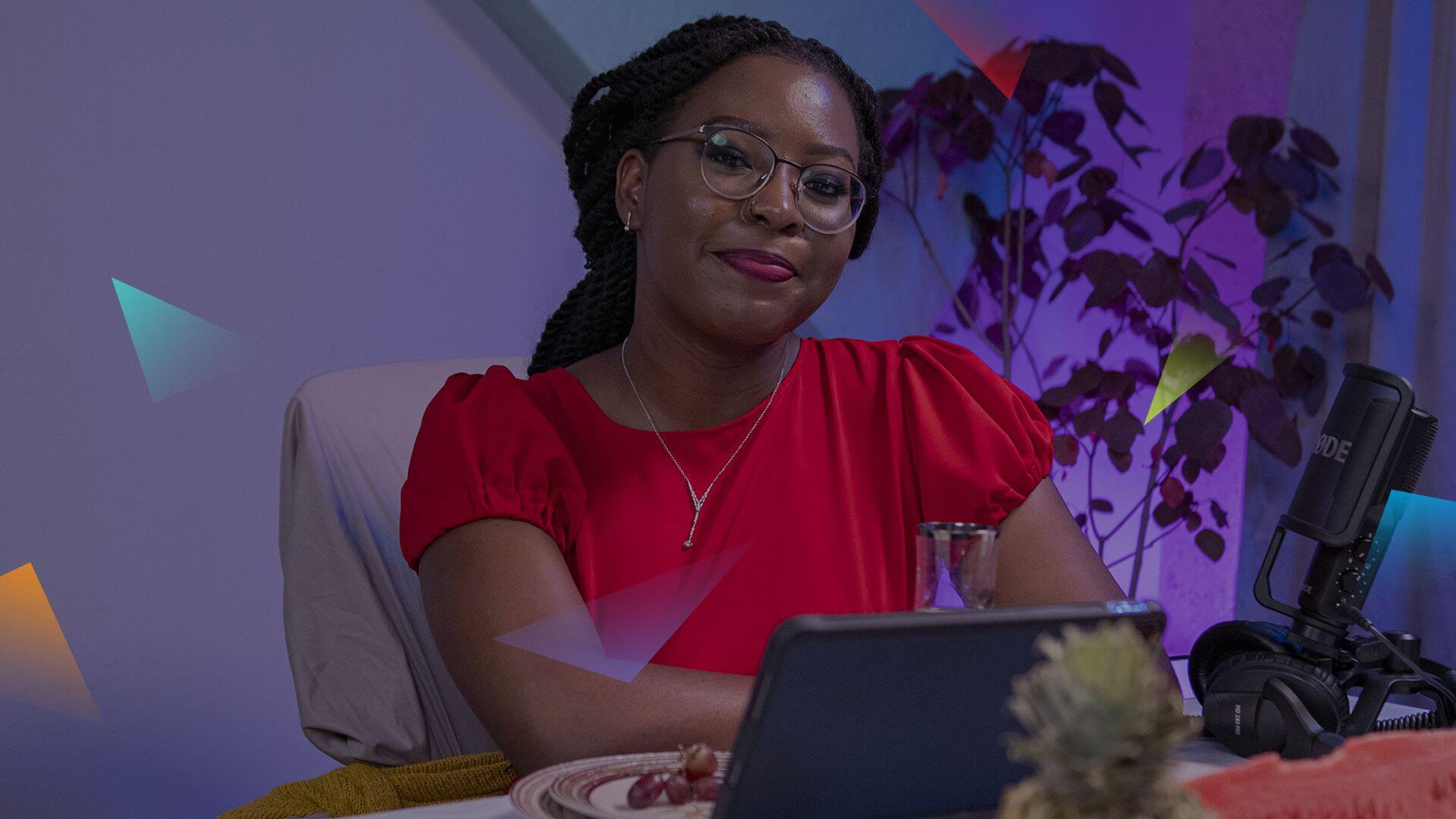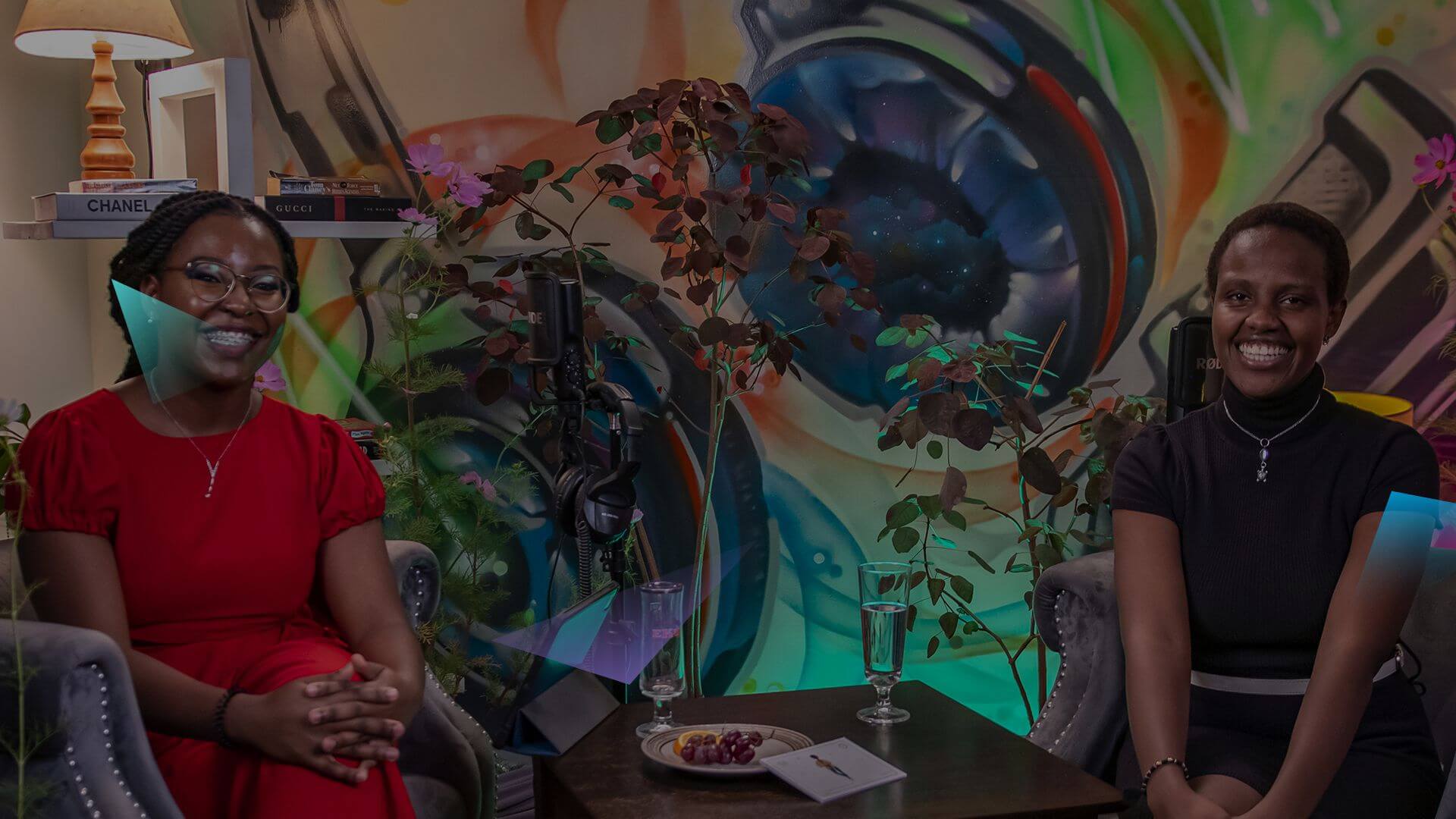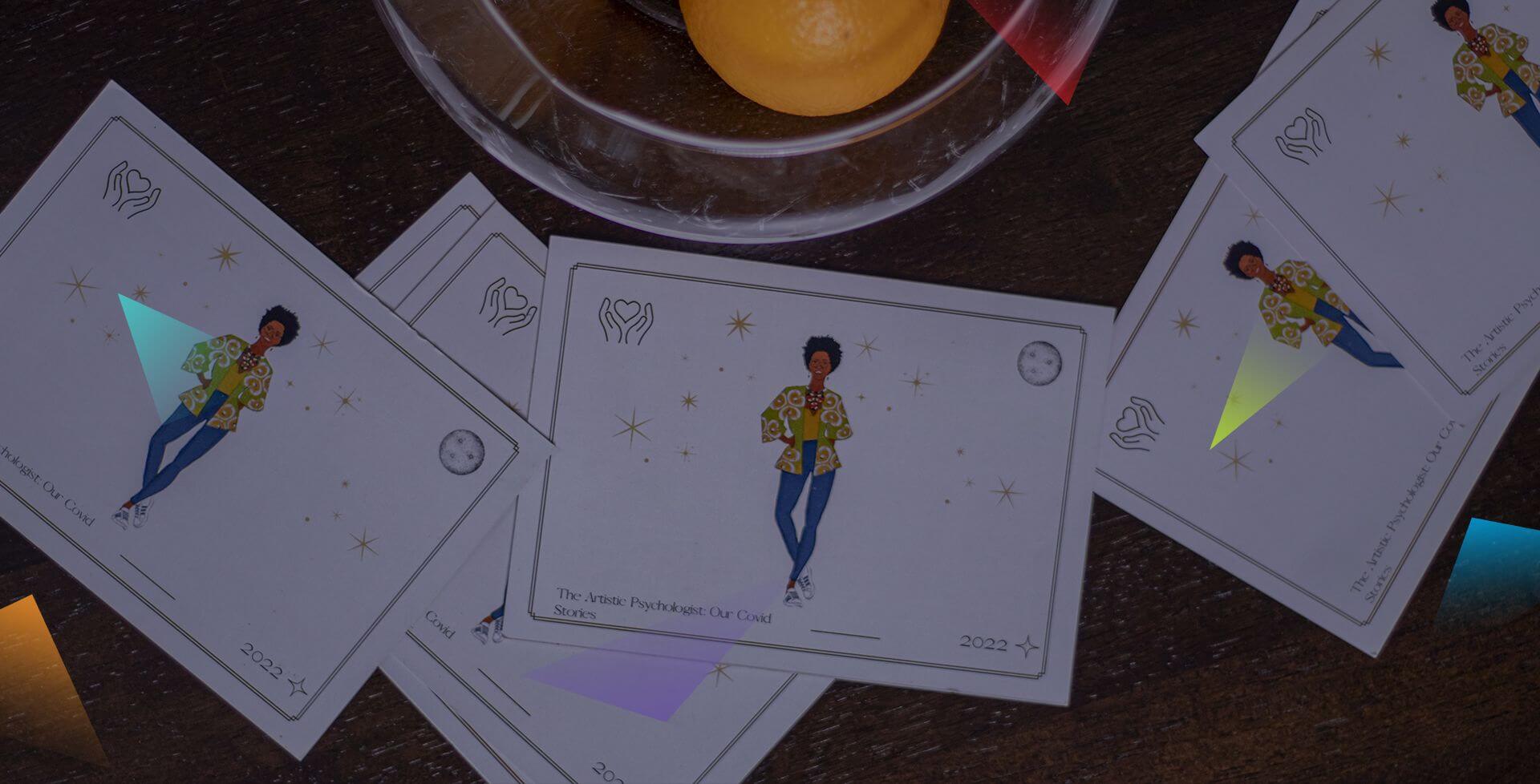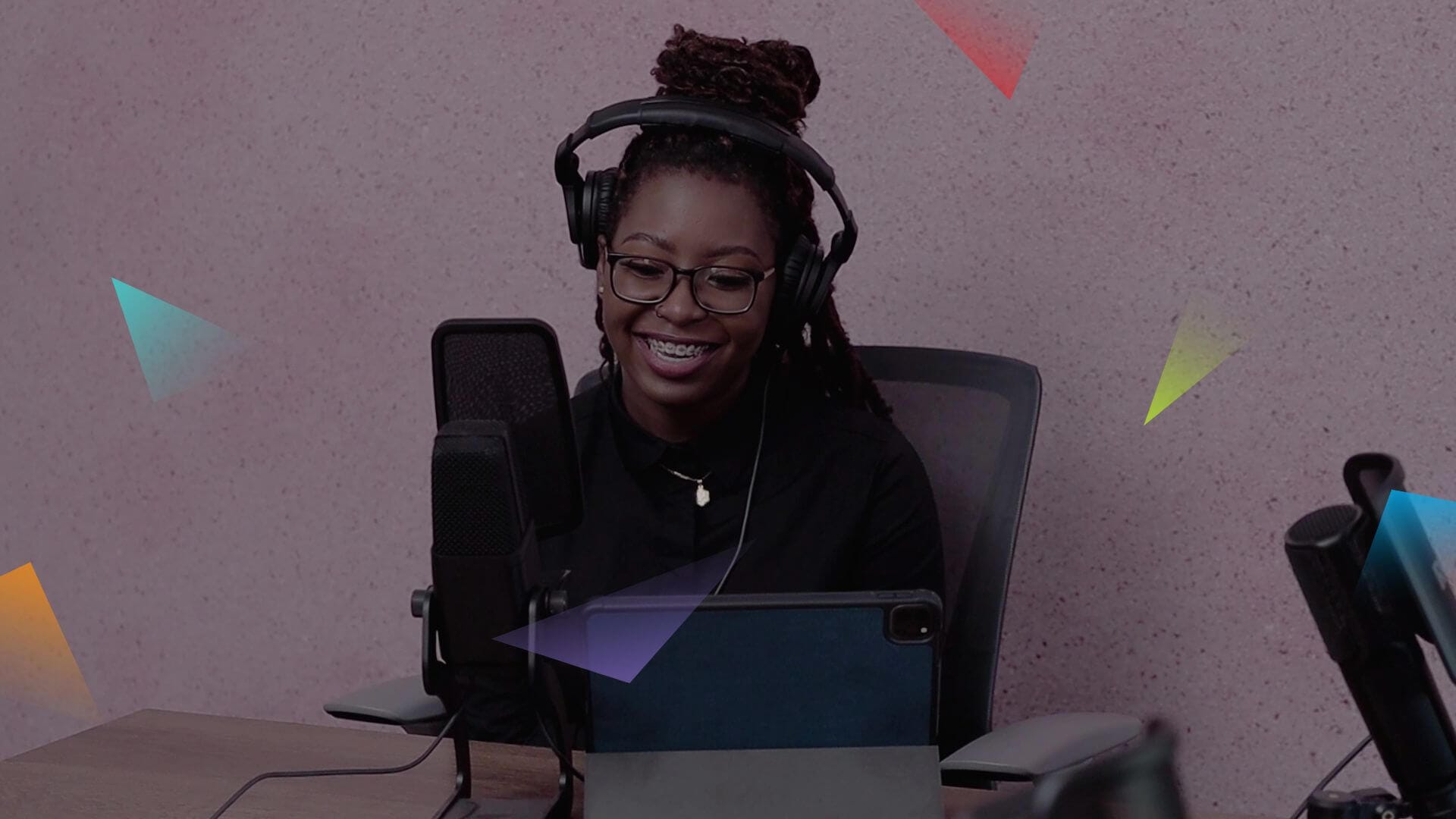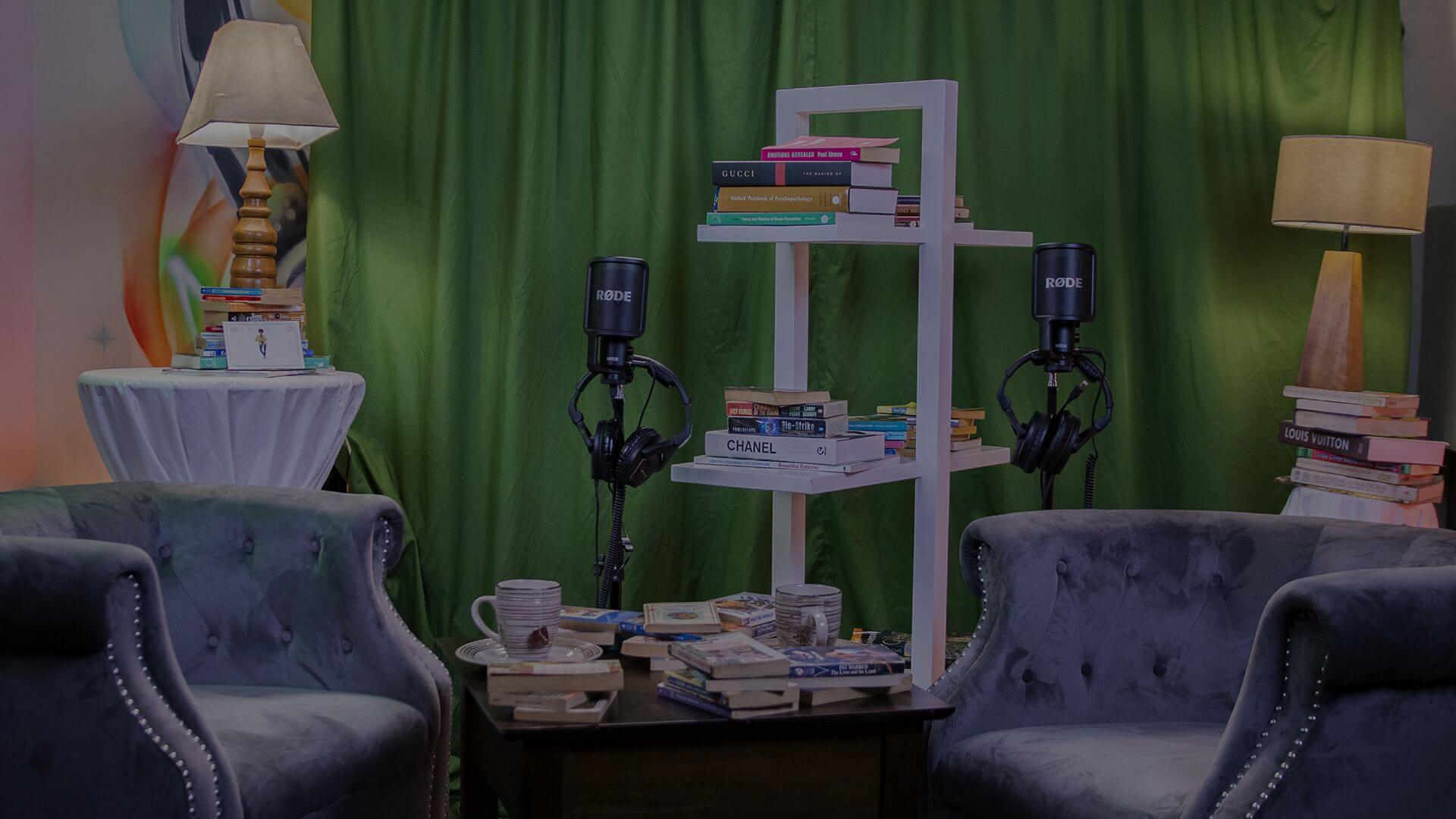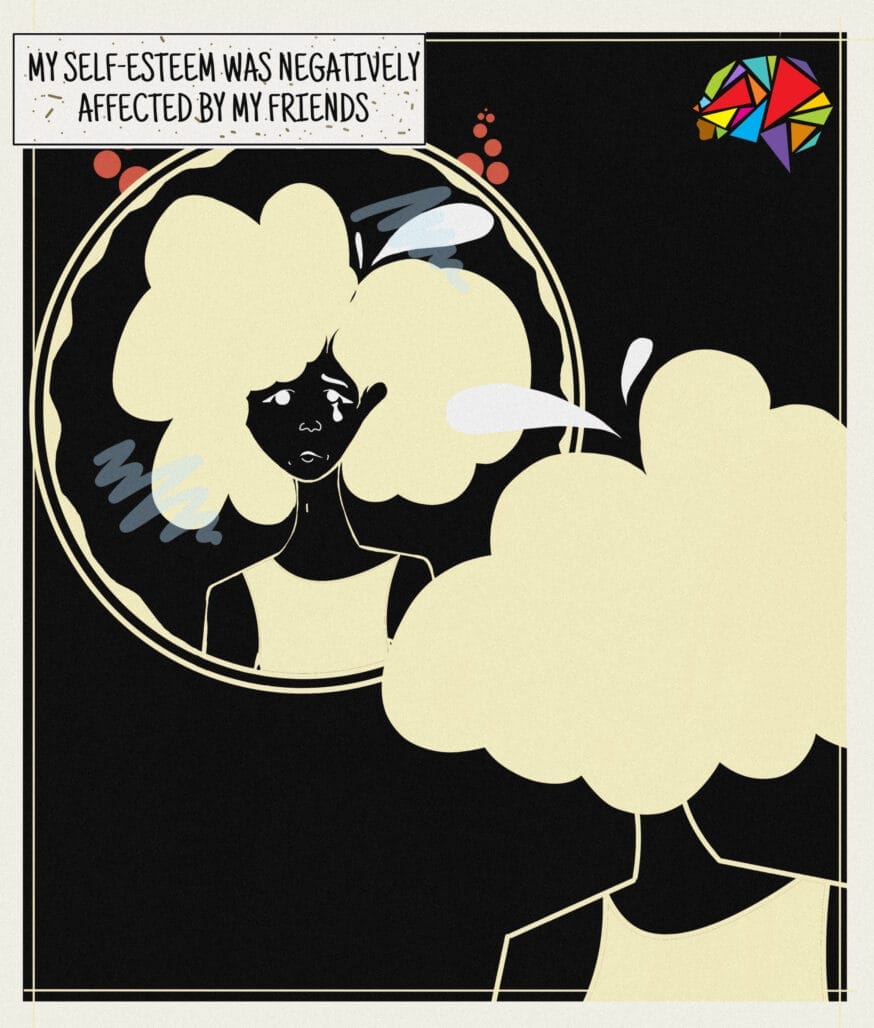Please read this disclaimer before reading this story.
DISCLAIMER: In this series, we will be covering stories on Toxic and abusive relationships. This may be a triggering topic for some. This particular story mentions some toxic behaviours with the major one being gaslighting. Kindly remember to be mindful of your mental well-being and that of others when reading and sharing this story.
My self-esteem was negatively affected by my friends.
Thanks to therapy, I found that a big thing for me is feeling like I am, for lack of a better word, indispensable to my friends. So being ‘disposed of’ by them made me wonder whether I was the problem. For a long time, even when things were happening in the friendship that should have made me stay no further, I was still there fighting because I thought I was doing something wrong or being an inadequate friend. The problem with that is that I found myself stuck in a loop where not only was I making excuses for people’s bad treatment of me, but I was also beating myself up about things I shouldn’t have been. I would see a problem, find a way to make sure it was my fault, and then start working on improving that problem when there was no solution. It was just that whatever the situation was, it should have run its course, or it had run its course, or it never was anything in the first place.
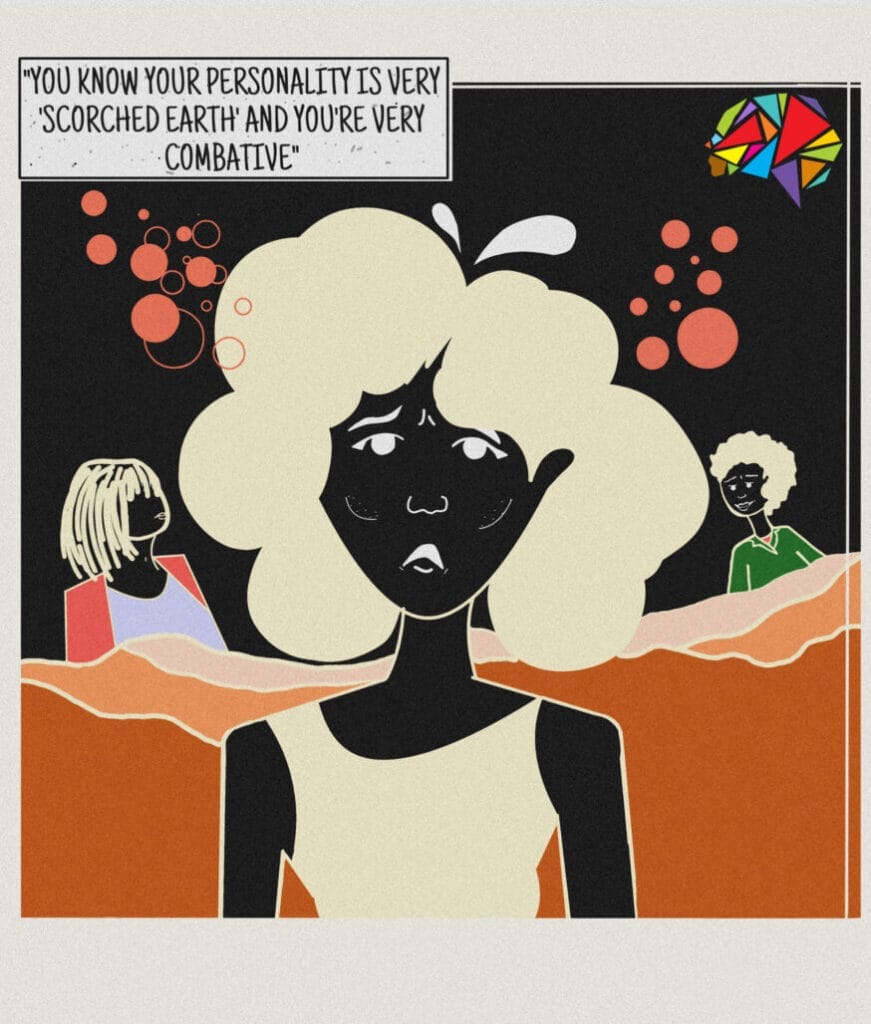
The common thread between everything happening to me was that whenever I got the courage to address the fact that I felt I had been wronged, it would be turned around. I’d get off phone calls where I had planned to clear up things and finish the conversation wondering if I was the problem. The explanation would be, “You know your personality is very ‘scorched earth’, and you’re very combative, and if you keep going this way, you’ll lose everyone, and I’m here trying to help you not to get to that point.” The general theme was that someone would do something messed up, and I would end up feeling some type of way about it. Then I would convince myself that since these were my friends, I should address the issue because I didn’t want to hold onto it. But the minute I raised it, it would stop being a discussion on what I wanted cleared up. Say my friend had lied to me, and turned into, “Why are you like this? Just let it go because it’s not that serious.” I was told that I would lose everyone if I continued not forgiving people. ‘Forgiving’ was essentially letting everyone get away with the madness they were getting up to. I felt terrible whenever I was told that I was the problem in a situation. I found myself apologizing all the time. I kept telling someone who had lied to me about four times that I was sorry for confronting them about lying to me. If that isn’t crack, I have yet to find out what is.
Someone in our general friend group sat me down once and said, “Look, these are not your friends.” They then told me everything that had been happening behind my back. After feeling bad for like two days that I was Boo Boo the Fool, I just stopped. I was angry, yes, but I no longer felt like I was at fault.
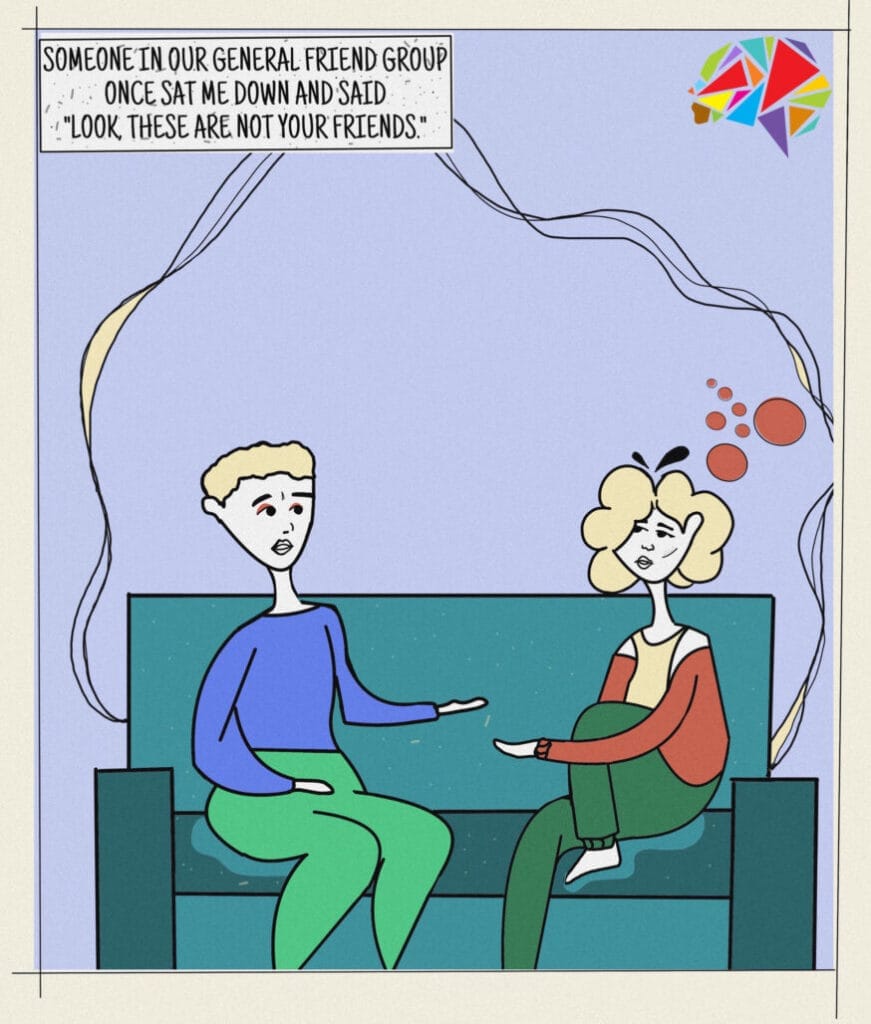
These things can severely affect your self-esteem for a very long time. It is not something you can easily shrug off because this is someone who knows exactly what to say to you in any given situation. These people had been in my life fairly intimately for a long enough time, and the only way to gaslight someone effectively is to know what to say to them. So you will feel bad about what they tell you, not because of what they’re saying but because they’re talking about your deepest, darkest insecurities or fears. They will intentionally bring those up in these conversations and situations to move away from accountability. The pattern was: I have a problem, I identify it, I find the courage to bring it up, I confront the friend, I’m told I am the problem instead, and then I would apologise for standing up for myself.
I feel abandoned by my friends, even now. They all just upped and left and would only involve me at their convenience. For example, one would only reach out when they needed a particular favour from me. I have a string of unanswered texts that come in, say every month, along the lines of, “Hi, how are you? Can you sort me out with this or that?” Other than that, there has been absolutely no contact whatsoever.
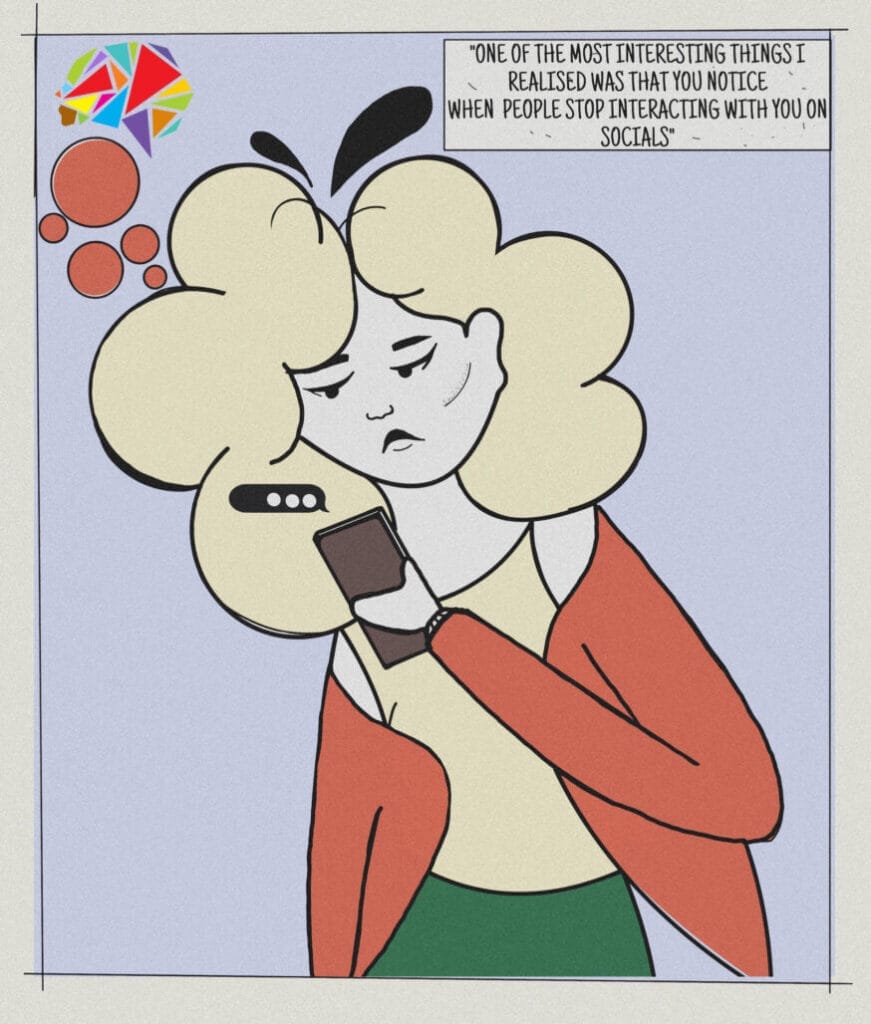
One of the most interesting things I realised was that you notice when people stop interacting with you on socials. I didn’t notice until I realized that they could no longer see my stories on Instagram, like my Snapchats, comment on Twitter, or WhatsApp me. I don’t know if that’s a feature of the world we are living in now, but to me, it is the virtual equivalent of walking into a room and everyone walks out. It is very noticeable. The thing, though, was that when I met these people physically, they acted like everything was fine. That really does a number on your psyche. The one time I raised that point, I was told I was imagining things. It turns out I had been muted, so I could not see whenever they were hanging out without me.
Right now, I am trying to foster empathy, honesty and loyalty in my current relationships and in any new relationships I form going forward. For me, loyalty is part of being honest with your friend.
With the collapse of some of my problematic friendships, I am now seeing better friends who have been there for me throughout, even though I neglected them somehow for one reason or another. These people were very honest with me in their loyalty and analysis of what was going on. These are people who said to me things like, “I did not like how you were acting at that point so I stayed away from you”, “I didn’t like how those people were doing this”, or “I like what you’re doing in terms of this”, or “I think this is a bad idea.” That is the type of honesty that would make me say that someone is a loyal friend. I absolutely value that now with anyone.

I think that sometimes people are not loyal to you. They’re loyal to whatever it is they consider to be your wellbeing. If they were loyal to you, they would not lie to you to keep you happy. So if someone says they are someone else’s friend, their duty is to ensure they are the best version of themselves. For instance, if they want to ensure you are the best version of yourself professionally, they will not hesitate to tell you that what you have started doing is stupid or wrong. They won’t sit with you and excuse your nonsense.
And that is where empathy comes in. Some people confuse brutal honesty or tough love with being mean. Sometimes someone is just thrilled to take you down because they have seen what you can not see, and it is a chance for them to show that they are smarter or more informed than you. There is a very empathetic way to treat your friends through their highs and lows and be there for them. We don’t see a lot of that nowadays, so we shouldn’t take it for granted when we do see it.
Someone who is empathetic to you will say, “I have a feeling this is what is going on and based on what I know about you, this is the issue. But because I want the best for you in this regard, I need to tell you that how you are going about it is wrong.” Instead of just saying, “Wewe ni mjinga!” (You are stupid). That’s not empathetic at all. Be empathetic and honest – those two can coexist.
Many people who have been in a situation like mine will say things like, “Find the courage to walk away or end the friendship,” and assure you that it’s not your fault. But I think the most important thing to do is to evaluate yourself first. Evaluate what you might have done wrong. I am not saying you may have done something wrong, but sit down and think carefully about what you did that could have been perceived as wrong.
Ask yourself if there was a friendship in the first place because you will sometimes figure out that this was simply an acquaintance. This is someone whose proximity is the only reason you are friends. Say I was doing a checklist to save a friendship, and question one is, ‘Is there a friendship?’ If there is none, why should I proceed to question two? So you need to look into that relationship and figure out what it was. Figure out whether you gave what was required for what it was, and then based on those two; evaluate what they have done to you that you felt hurt by. This last part may be the most difficult one because what slights you could have been done with the best intentions or could have been done from a very malicious point of view. The point is it slighted you for some reason. Did it slight you because it hit too close to home? It was too honest, and you didn’t like it? Or was it just something bad that was happening? Before you tell people to find the courage to walk away, I think it is important to ask them to deeply think about what they are in and what they are supposed to be walking away from. It makes it that much easier to leave later once you do this.
For months I had no idea what I was doing. There was new drama every weekend, and I found myself dealing with that type of drama for over a year. Then one day, it hit me, and I asked myself what exactly I was doing. It is not easy. I had professional help to figure it out, but not many people have that luxury, so that is also something to think about.
Talking to other people helps as well. But even in talking to people, be careful. Sometimes you really don’t know who you are opening up to. Sometimes you are opening up to someone who doesn’t have the range for the emotional labour you are giving them. Or you could open up to the devil himself and then find your story being discussed elsewhere. So after you have evaluated yourself and feel like you need outside input, try to figure out who you will open up to. Be very careful with your heart and honesty because what is true for you could also be ammunition for someone who could want to harm you in some way. So, just be careful.
It probably gets better, though there is also no guarantee of that. This is life. It is not a Naija movie. There’s no ‘To God be the Glory’ at the end of this film. Hopefully, it gets better, but it is a journey. You won’t wake up one day and say, ‘Tumemaliza‘ (We have finished). If you end up in some of the places these friendships can drive you to, the road to recovery is relatively long. But you will see signs along that road where there are people who care for you in a way you have not felt cared for in your previous friendship. So keep an eye out for those good signs. It will hit you at the randomest of times that certain people have been there for you in ways you didn’t think was possible.
To sum it up: evaluate, be careful, and watch out for the signs that you’re headed back towards a happier place.

